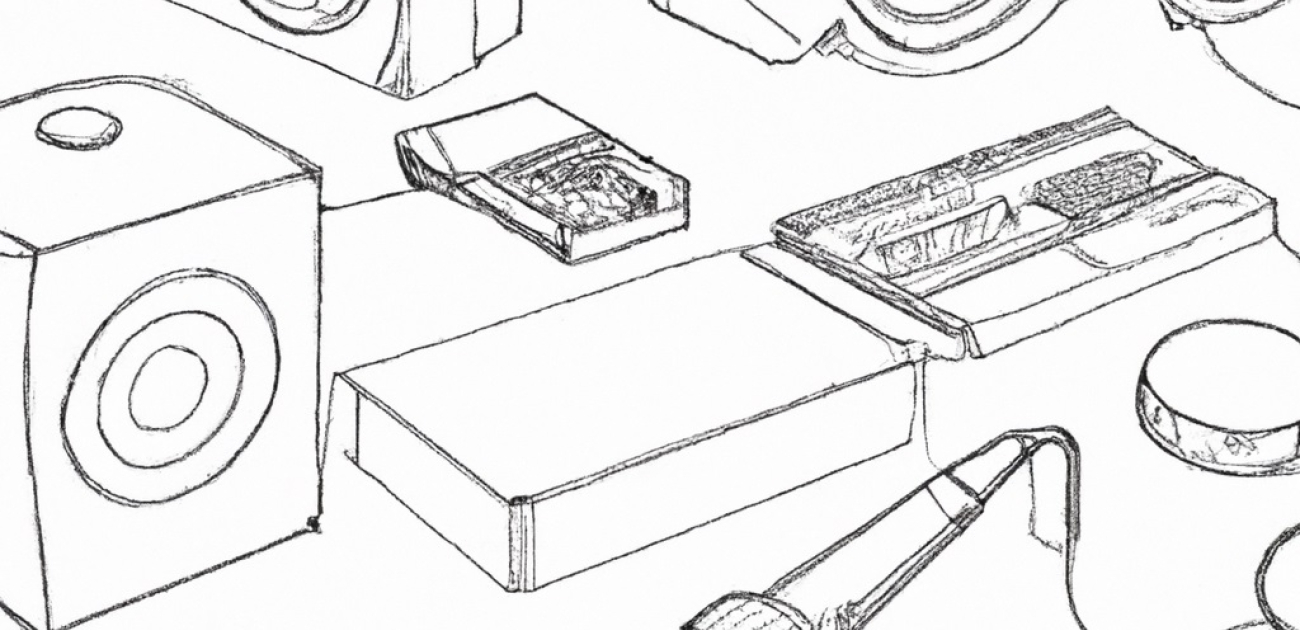Use of Audio or Video Recordings as Evidence in Family Law and Family Violence Matters
Significant advances in technology has resulted in a shift in the types of evidence relied upon by family law litigants.
When it comes to recordings, whether audio or video, it is no longer a matter of black or white, or one version of events against the other. We now have the opportunity to provide factual evidence and information in support of allegations, particularly in those more complex matters involving parenting alienation or family violence, which can often either prove or disprove factual matters critical to a family law case.
IS IT LAWFUL?
Whether or not the taking or use of audio or video recordings as evidence is lawful depends on the circumstances of each case. This includes factors such as:
- Did the party know they were being recorded?
- Was the person who was recording the interaction a party to the conversation, or was the recording via a listening device?
Messages left on a voicemail, for example, can be valid evidence if they are authentic recordings and there is no suggestion of interference.
Generally speaking, if a party is aware that they are being recorded and (for example) sees the other party pull out their phone or recording device during an interaction, this evidence is likely to be considered lawful.
RECORDINGS OF CHILDREN
Extreme care needs to be taken when dealing with recordings of children. Typically if a recording showed a child to be at risk, then the recording is likely to be admitted under the overarching obligation of the Court to consider the best interests of the child. However, the way in which recordings are obtained can be an important consideration, as is the general circumstances of the recording, including:
- Was the child aware that they were being recorded?
- Was any evidence given freely or was a child prepared or given leading questions?
- Does the recording show the entire context of the conversation and circumstance, or does it just show a small part of a situation taken out of context?
These are all factual matters that will be considered by a court in determining whether the evidence can be relied upon and submitted as evidence in a dispute.
IS AN UNAUTHORISED RECORDING ABLE TO BE USED WHEN IT CONTRAVENES FEDERAL OR STATE LEGISLATION[1]?
Factors the court will take into consideration in determining whether to allow unauthorised use of recordings include whether:
- the evidence has been disclosed under the rules, and
- the probative value of the evidence outweighs any prejudice to the other party.
In certain circumstances it is advantageous to seek a prior ruling from the Court regarding the admissibility of recorded evidence, however in those circumstance prior disclosure of the evidence is advised. Section 69ZX(2)(h) of the Family Law Act 1975 (Cth) provides authority for the Court to make orders or directions to a party directing that they not present certain evidence in the proceedings.
Depending on the nature of the evidence, transcripts should be relied upon together with the recording.
CASE EXAMPLES – USE OF AUDIO OR VIDEO RECORDINGS AS EVIDENCE
In the 2019 case of Coulter & Coulter (No.2) 2019 [FCCA 1290] a party sought to introduce audio and video recordings as evidence into the proceedings, where the other party had been recorded interacting with the children at contact changeover, unaware that they were being recorded. The court ultimately found that the mother had a legitimate concern for her safety and admitted the recordings on this basis. However, private recordings of the father’s conversations with the children were excluded from evidence on the basis that they were a breach of privacy.
In Huffman v Gorman (No.2) [2014] FamCA 1077 the Court allowed into evidence the father’s recordings of the mother, taken without her knowledge or consent, as evidence of family violence. In the judgement, the Court noted the “notorious difficulty to obtain evidence of family violence, which often takes place behind the closed doors” and allowed the evidence on the basis that the best interests of the children are paramount and outweighed the undesirability of admitting evidence which was unlawfully obtained.
In the 2017 decision of Jasper and Corrigan (No.2) 2017 FCCA 1467 a party sought to rely on audio recordings to establish the existence of a de facto relationship. These recordings were allowed in circumstances where they were seen to be relevant to the issue in dispute.
IN SUMMARY
Evidence obtained via audio or video recordings can carry significant weight in litigation and can assist in resolving disputes quickly. However to ensure the recordings can be used in support of a family law case, caution must be taken – it’s imperative to obtain legal advice regarding recordings which may be considered unauthorised.
Do you want more information?
 Monica Blizzard
Monica BlizzardMonica Blizzard is an Accredited Family Law Specialist with the Law Institute of Victoria, a trained mediator and collaborative lawyer, and has 20 years experience working in family law.

